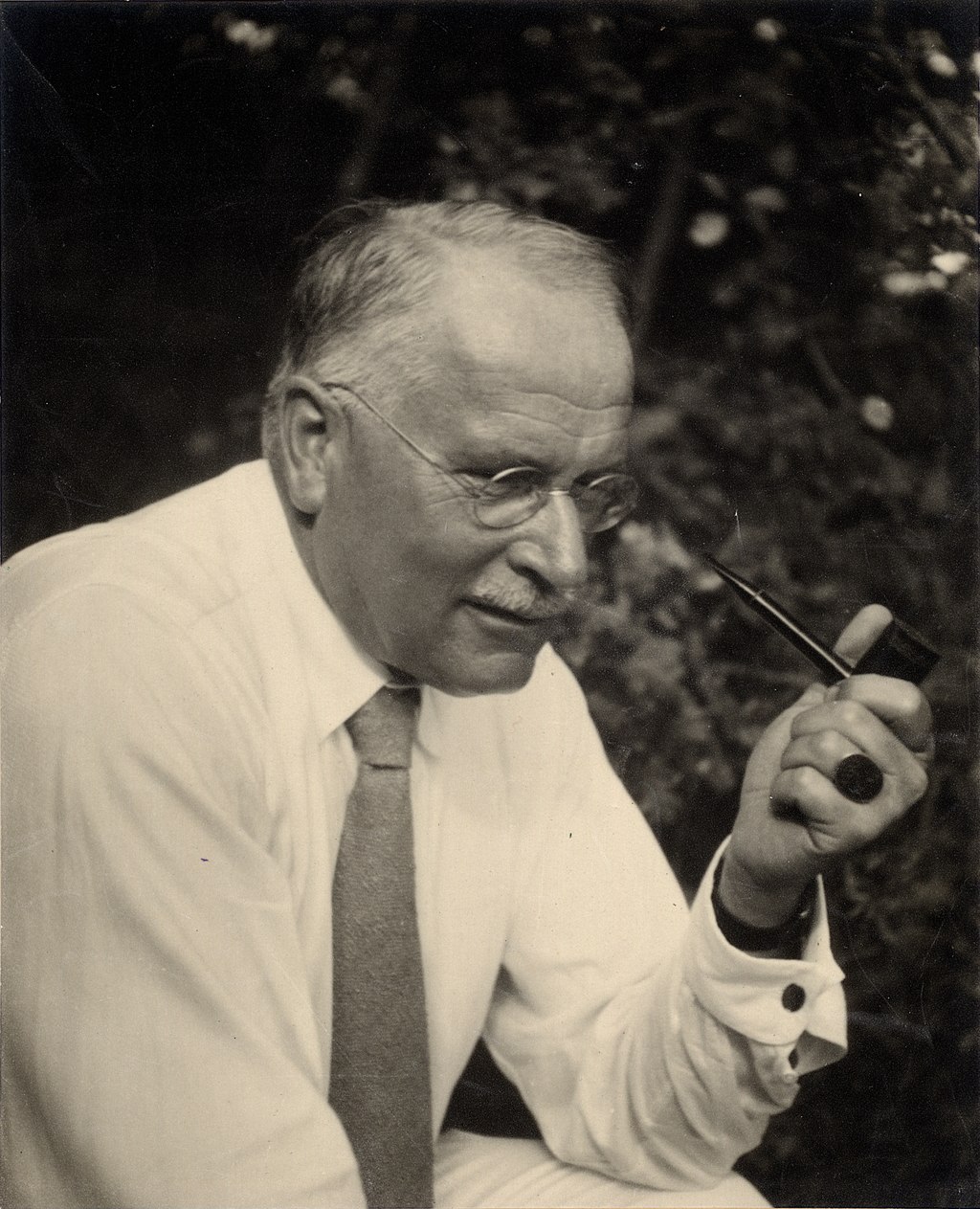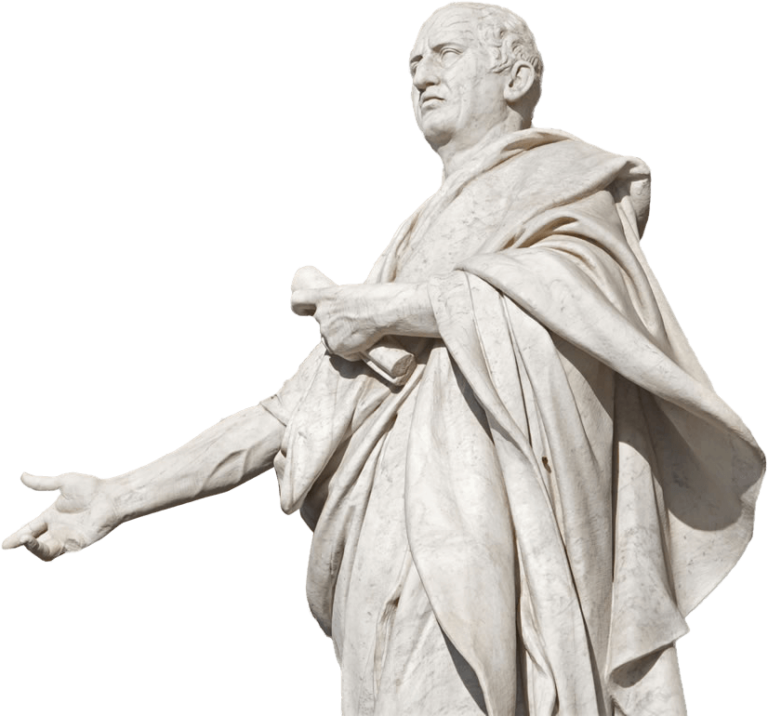
Carl Jung (1875-1961) was a Swiss psychiatrist and psychoanalyst who is best known for his contributions to the field of analytical psychology. He is considered one of the most important figures in the history of psychology and psychiatry, and his work continues to influence the field today.
Jung began his career as a student of Sigmund Freud, but he eventually broke away from Freud’s teachings and developed his own unique approach to psychology. Jung’s work is characterized by its emphasis on the importance of the unconscious, the role of symbolism and the collective unconscious, and the concept of individuation, which is the process of becoming a whole and integrated individual.
Jung’s most significant contributions to psychology include:
- The concept of the collective unconscious: Jung proposed the idea that there is a collective unconscious that is shared by all human beings, and that it is made up of archetypes, which are universal patterns or themes that are present in the psyche.
- The concept of the self: Jung’s idea of the self is different than the traditional idea of the ego. He defined the self as the central organizing principle of the psyche, and it is the goal of individuation. It is the wholeness of the personality and it is a state of completeness and self-realization.
- The concept of individuation: Jung believed that the goal of psychological development is the process of individuation, which is the process of becoming a whole and integrated individual. This process involves integrating the conscious and unconscious aspects of the psyche, and it is a lifelong journey.
- The importance of the unconscious: Jung emphasized the importance of the unconscious in shaping our thoughts, feelings, and behaviors. He believed that the unconscious contains important information that can help us to understand ourselves and our place in the world.
- The role of symbolism: Jung believed that symbols and archetypes have a powerful impact on the psyche, and that they can be used to understand the unconscious. He believed that symbols and archetypes can be found in myths, legends, and religious traditions, as well as in dreams and other forms of creative expression.
Jung’s work has had a significant impact on many different fields, including psychology, psychiatry, mythology, literature, and even spirituality. His ideas continue to be studied and applied in a wide range of fields, and many of his concepts, such as the collective unconscious, archetypes and individuation, are considered fundamental to the field of analytical psychology and has influenced the development of various therapies such as Transpersonal and Humanistic psychology.

